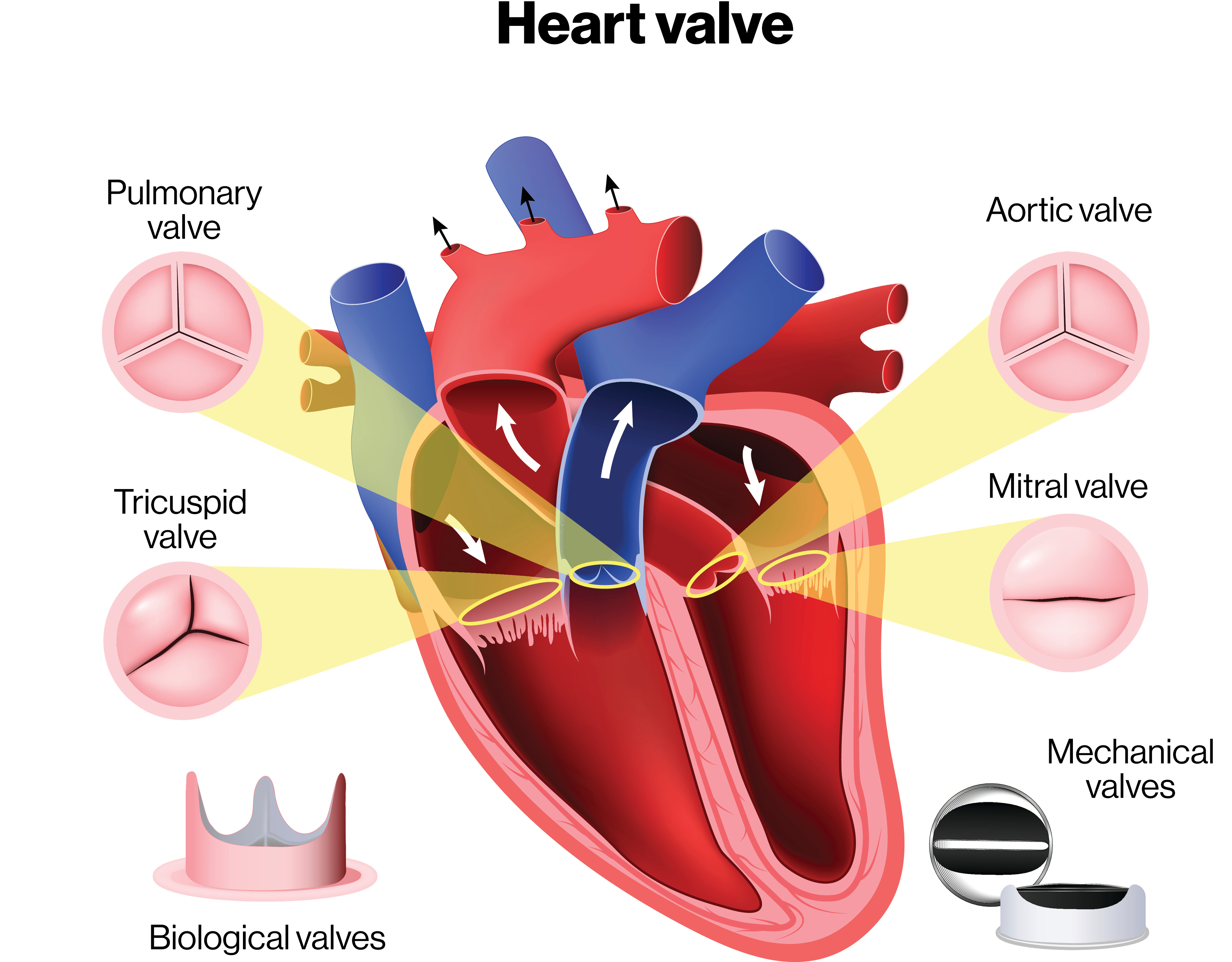Heart valve disorders can affect any of the valves in your heart. If the valve does not open fully it will obstruct or restrict the flow of blood.
 Diseases Of Heart Valves Dr Pl Saravanandr Pl Saravanan
Diseases Of Heart Valves Dr Pl Saravanandr Pl Saravanan
Heart valve disease varies from mild to severe and is sometimes life-threatening needing urgent treatment.

Damaged heart valve. The coronavirus may infect and damage the hearts muscle tissue directly as is possible with other viral infections including some strains of the flu. Damage to the mitral valve which can cause problems with the heart later in life such as atrial fibrillation an irregular and chaotic beating of the upper chambers of the heart and heart failure an inability of the heart to pump enough blood to the body. One serious type of heart valve disease is called aortic stenosis or aortic valve stenosis.
Conditions that may cause heart valve dysfunction are valve stenosis stiffness and valve regurgitation leaky valve. Infection can damage a heart valve in many ways and result in either stenosis or regurgitation. However when the tissue is too damaged a replacement valve may be used from another human heart an animal or a manufactured mechanical valve.
A diseased or damaged valve can affect the flow of blood in two ways. The four valves are commonly represented in a mammalian heart that determines the pathway of blood flow through the heart. A heart valve is a one-way valve that normally allows blood to flow in only one direction through the heart.
As Johns Hopkins Medicine suggests other complications of. These conditions can cause one or more of the heart valves to leak blood backward into the heart chambers or fail to open fully. This is called valve stenosis or narrowing.
Located between the left ventricle and the aorta When valves are damaged or diseased and do not work the way they should they may need to be repaired or replaced. Common symptoms caused by abnormal heart valve function include chest pain dizziness passing out shortness of breath swelling of the legs progressive fatigue and lack of energy. Your heart valves have flaps that open and close with each heartbeat allowing blood to flow through the hearts upper and lower.
This can put extra strain on your heart making it pump harder to force the blood past the narrowing. Although valve problems can potentially be severe and life. 4 The condition means your aortic valve cannot fully open and close like it should and over time this can become life-threatening.
Heart valve disease means one or more of your heart valves is diseased or damaged affecting the way blood flows through your heart. A heart valve opens or closes incumbent on. Its generally best to repair a valve and preserve a persons own heart tissue when possible.
View an animation of valvuloplasty. This is the most common type of heart valve disease in the elderly. This can put extra strain on your heart causing chest pain difficulty breathing and tiredness.
The heart may also become damaged and inflamed indirectly by the bodys own immune system response. This makes your heart work harder and lessens its ability to pump blood.
